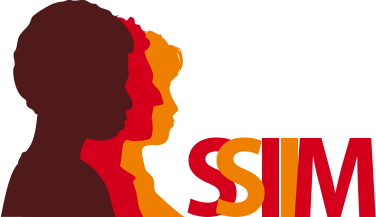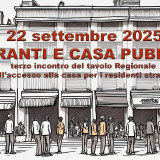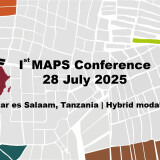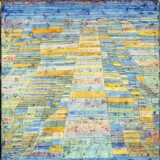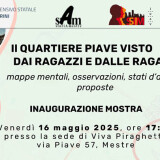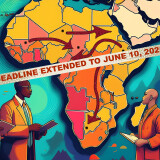PusH Summer School #2 on precarious housing with a focus on ROMA SETTLEMENTS
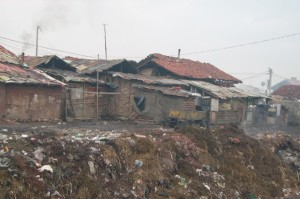
Organised within the framework of the Erasmus+ strategic partnership PusH, Precarious Housing in Europe, of which the University Iuav of Venice is a partner, the “PusH Summer School on precarious housing with a focus on ROMA SETTLEMENTS” will be held in Sofia (Bulgaria) at the Open Society Institute, from 24th to 30th of JULY 2022.
This thematic Summer School with a focus on Roma settlements is the second one organised by PusH Project and, for Iuav students, it gives right to 4 ECTS (4 CFU, tipologia D). The first edition of the Summer School will focus on the precarious housing of international migrants and will take place at Iuav from the 4th to the 8th of July 2022 (for more info >> go to this link).
Students can decide which Summer School they would like to attend (#1 on international migrants; #2 on Roma Settlements; or both)
WHO CAN ATTEND
The Summer School will involve up to 50 students from the partner universities, which are based in Italy, the UK, Germany, The Netherlands, Hungary, Austria and Bulgaria. Up to 10 Iuav students will be selected to participate to this summer school.
For the University Iuav of Venice, eligible students are those enrolled in one of the following tracks:
- triennale in Architettura
- triennale in Urbanistica e pianificazione del territorio
- magistrale in Architettura
- Master degree programme in Architecture
- Magistrale in Urbanistica e pianificazione del territorio (MS in Urban Planning for Transition + Urbanistica e Pianificazione per la Transizione)
CREDITS
For Iuav students the participation to the summer school will be recognized as intensive workshop and will be granted with 4 ECTS (CFU type D).
CONTENTS
The Summer School #2 aims to provide students with a general understanding of precarious housing in Europe, with a focus on Roma settlements. The PusH strategic partnership has developed a set of teaching materials to help students understand that housing insecurity, the difficulty in accessing adequate housing and the spread of informal housing solutions (from squatting to makeshift shantytowns) are not only issues affecting cities in the Global South but also our European cities, undermining the democratic principles on which the EU itself is founded.
The summer school will be articulated in lectures, group work and practical activities, including debates with politicians and social workers, meetings with people living in precarious housing conditions, field visits to Roma settlements in Kyustendil near Sofia.
Key topics:
- Informal housing and legalisation
- Evictions
- Segregation vs desegregation
- Solutions – Programs to improve living conditions
- Solutions – Social housing
Expected Learning Outcomes:
Students will acquire knowledge about the challenges precarious housing poses to contemporary European cities and the strategies for building more equitable, just and inclusive urban environments; They will develop their skills to read – critically and independently – highly stigmatized settlements grown outside any planning strategy, understanding the reasons behind such phenomena and the main approaches for socio-spatial inclusion of marginal populations; Last but not least, they will have the opportunity to develop their communication and professional skills in an international study context, in which they will be required to communicate effectively with other students and teachers from different backgrounds, work effectively in groups for common problems solving, and communicate the results of their work in field diaries.
FUNDING AND APPLICATION
Up to 10 scholarships will be available to Iuav students as contribution to travel and accommodation costs (up to 275€ for travel plus 58€/day for 7 days, i.e 5 days of summer school + 2 days for travel).
Official Iuav call (in Italian) is available >> at this link
Application has to be submitted no later than May 16, 2022 by filling this form
Please note that scholarships will be granted only to those students who will attend ALL the 5 days of the summer-school, and credits only upon delivery of the field diary.
